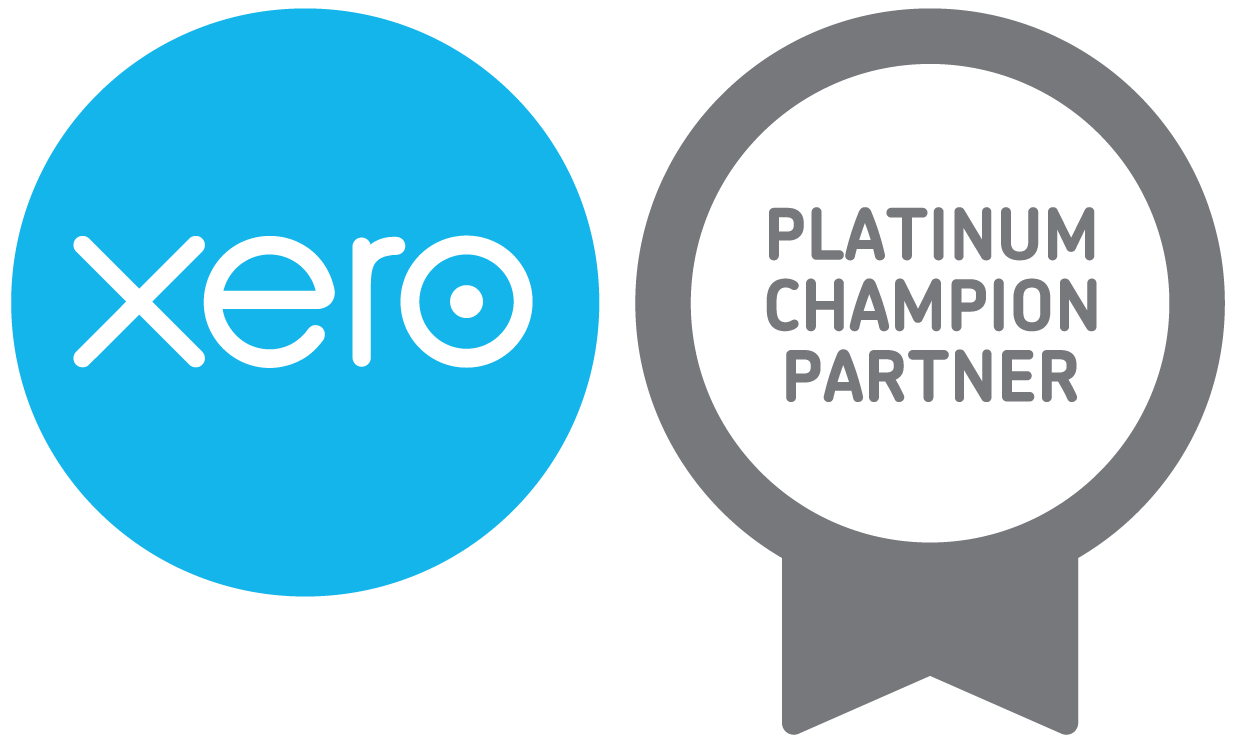Turning Learning into a Tax Saving

Turn Learning in to a Tax Saving - Education deductions explained: what you can and cannot claim to enhance your tax savings
Education Deductions Explained
If you're self-employed or running a small business, chances are you've spent time (and money) on developing your skills. Whether it's a course, a certification, or an industry seminar; professional development is a valuable investment in the future of your business.
But did you know that in many cases, these expenses can be claimed against your tax?
At Bernard Rogers & Co, we regularly speak to business owners who aren’t aware of the tax relief they could be entitled to. So, here’s a clear breakdown of education related tax deductions, what qualifies, what doesn’t, and how to make sure you’re making the most of it.
What Are Education-Related Tax Deductions?
Education-related deductions refer to training or learning costs that help you maintain or improve skills for your existing business or profession. These expenses can often be deducted from your taxable income, lowering your overall tax bill.
The key word here is relevant. HMRC generally allows deductions for training that is directly related to your current role or trade - not for learning something entirely new.
Who Is Eligible?
You may be able to claim education-related expenses if:
- You’re self-employed, a sole trader, freelancer, or small business owner
- The education helps you maintain or improve existing skills needed in your current business
- The course is required by law or regulation to continue in your profession (e.g. CPD or licensing)
Important: You cannot claim for training that would qualify you for a completely new trade, profession, or business. For example, if you're a web designer and you take a course in plumbing to change careers, that expense wouldn’t be deductible.
What Can You Deduct?
Here are some examples of eligible expenses:
- Course or workshop fees
- Tuition for skills-based training
- Books, materials, and supplies related to your course
- Online subscriptions or learning platforms (if used specifically for training)
- Travel expenses to attend classes or training events
- Exam or certification fees (if they relate to your current role)
- Software or tools needed for course completion
Records You Should Keep
To support your claim, you’ll need to keep detailed and accurate records, including:
- Invoices and receipts for course fees, materials, and travel
- Proof of payment (bank statements or receipts)
- Course descriptions or syllabus to show relevance to your business
- Travel logs or mileage records (if travel was required)
- Any correspondence confirming CPD or licensing requirements
- Having this documentation ready will make your tax return easier and protect you in case of an HMRC enquiry.
Why It’s Worth Paying Attention To
Claiming education-related tax deductions doesn’t just reduce your tax bill, it supports your long-term growth. Upskilling is an essential part of running a resilient and competitive business. HMRC’s guidance around this area is clear but often overlooked, meaning many small business owners miss out on legitimate claims.
Next Steps: Let’s Make Sure You’re Covered
Have you completed any training, attended a conference, or taken a course this year? Let’s review your expenses together to ensure you’re getting the full benefit of your investment.
At Bernard Rogers & Co, we specialise in helping small businesses and self-employed professionals make the most of allowable deductions - so you can focus on growing your business with confidence.
Get in touch today to find out what qualifies and how we can help you stay compliant and efficient
Visit our website, www.bernard-rogers.co.uk, call us on 01926 851 516 or email davidrogers@bernard-rogers.co.uk to find out more about how we can support you with training and educational expenses.
Discover more tax guidance articles.
We hope you find these summaries useful and do let us know if there is a topic you would like further information on – suggestions are always welcome!
David's Christmas Reflection 2025
As we reach the end of another year, I’ve been looking back at everything that has happened across Bernard Rogers & Co and the wider business world. It has been a year with no shortage of change, challenges and the occasional surprise, but also one filled with progress, good conversations and a few proud moments along the way.
5 Things Every Business Owner Should Do Before Breaking Up for Christmas
As the year draws to a close, many business owners find themselves trying to wrap up client work, manage staff leave, and plan for the new year - all while attempting to enjoy the festive season.
Digital ID for Workers: What Small Businesses &Contractors Need to Know
When the Prime Minister announced plans to make digital identity cards mandatory for working adults, it captured headlines...
Contact us for a free, informal chat.
Message us today to explore tailored solutions that meet your unique business needs.




